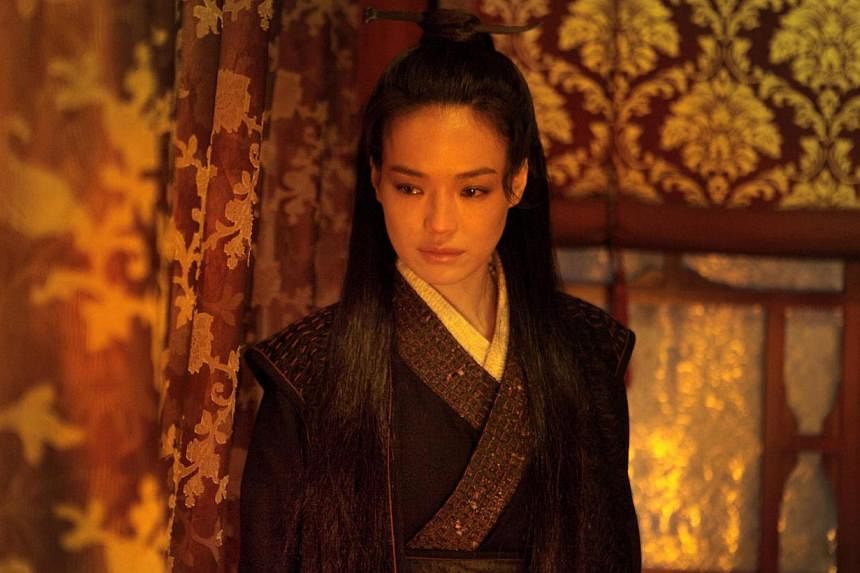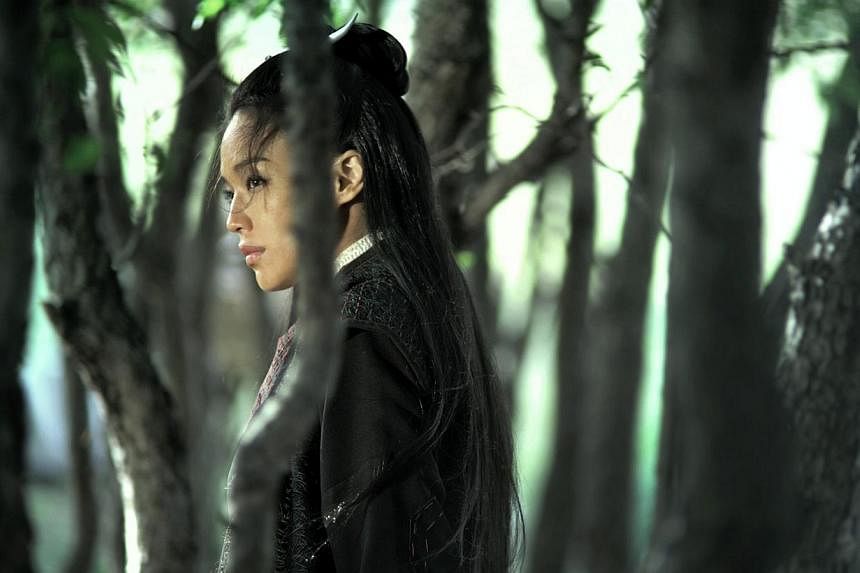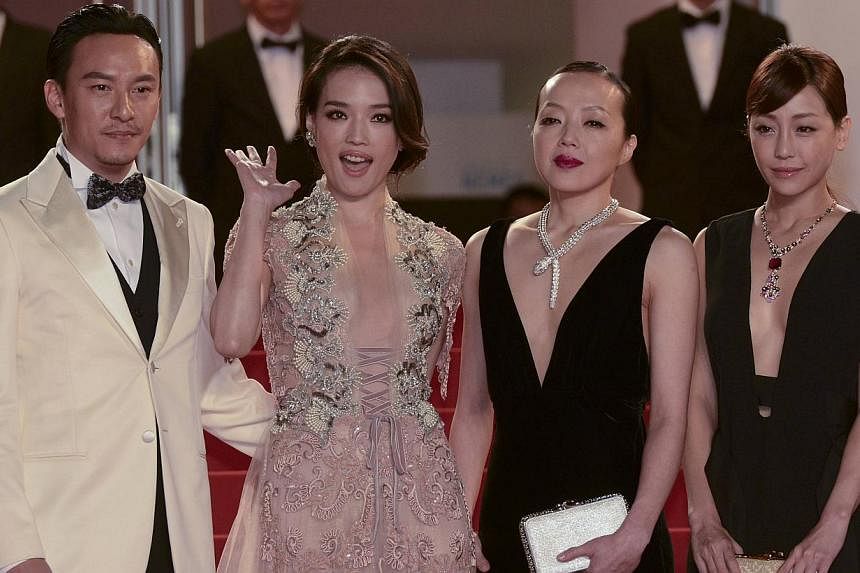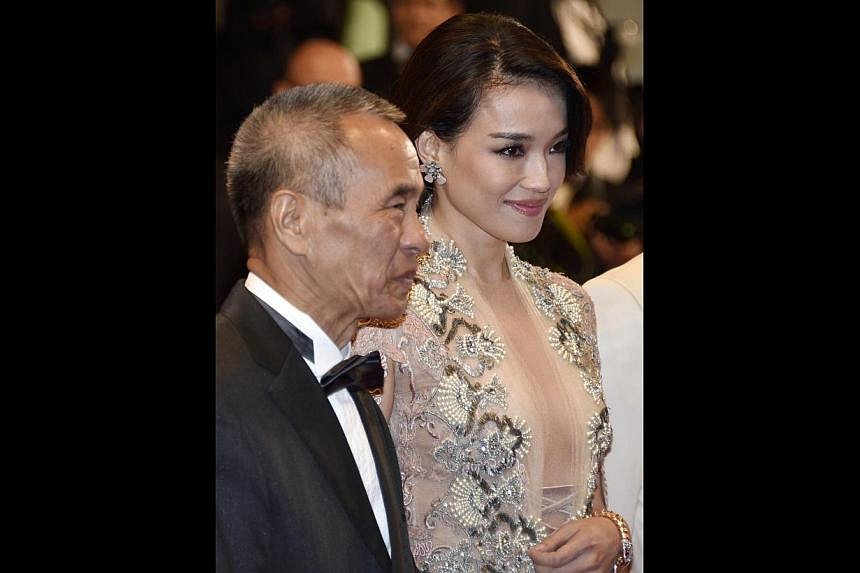CANNES (Reuters, Agence France-Presse) - Taiwanese director Hou Hsiao-Hsien said on Thursday he had not wanted to make the customary kickfest-style martial arts movie, and Nie Yinniang (The Assassin) shown in competition at Cannes is anything but.
It stars Shu Qi in the title role as a trained killer during the Tang dynasty who jumps on her prey from roofs or trees and kills them with a single blow of her dagger.
With the lightning instincts drilled into her by a nun who kidnapped her as a young girl and trained her in the martial arts, Shu Qi's character, who is called "the assassin", can deflect swords flung at her and lay low a squad of imperial soldiers.
A difference from the usual martial arts film, though, is that the combat and killing take place within a gorgeously photographed costume drama that transports the viewer back to a vanished time.
And the combat looks plausible, not fantasised, even if the idea of a woman killing so many soldiers sounds like a tale from the Tang dynasty literature from which it was taken.
"I've seen a lot of kung fu films and I particularly like Japanese samurai films because the combats are so realistic," Hou told a news conference. "There are very few tricks in Japanese martial arts films, that's why I wanted to do my film in this way. It was very complex for the actresses in the combat scenes, while working on the film they ended up with a lot of cuts and bruises."
Shu Qi said Hou had put huge demands on her. "I nearly broke down at one stage, I thought we might have a clash because it was so demanding," she said.
Hou said the film had been expensive to make by his standards, with a budget of US$15 million (S$20 million), but even if it failed at the box office he would not want to start making films that were more mainstream or commercial. "In this day and age, when Hollywood reigns supreme, compare that with the time of the New Wave (cinema), and there were very interesting, different films. We don't want the cinema to become poorer in the future," he said.
Critics unanimously hailed the movie's beauty but were divided over its accessibility and its chances in the competition for the Palme d'Or. Many tweeted it was an arthouse "masterpiece" that deserved the top award.
Trade publication Variety called the film "a mesmerising slow burn of a martial-arts movie that...achieves breathtaking new heights of compositional elegance".
The New York Times said Hou "blew the roof off one of the biggest theatres here with The Assassin, a staggeringly lovely period film set in ninth-century China".
But others, including trade magazine The Hollywood Reporter, said "its refinement may weigh against it for fans hungering after spectacular kung fu".




